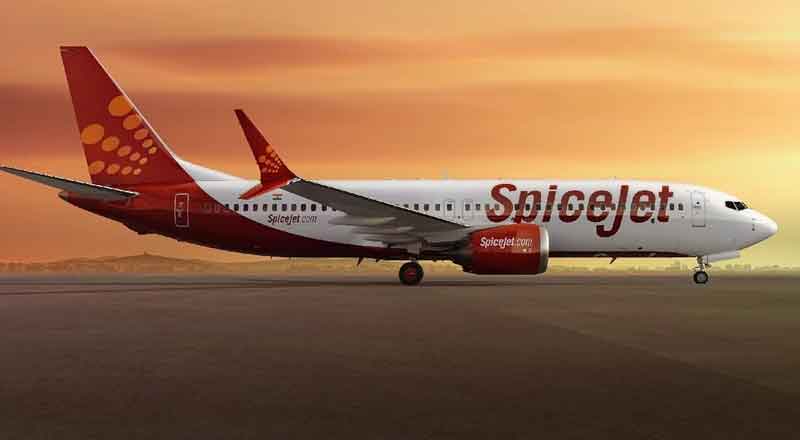- SpiceJet would draw funds from the government’s Emergency Credit Line Guarantee Scheme (ECLGS) to bring 25 of its grounded aircraft back into service.
- The announcement came a day after ‘Go First’ filed for insolvency proceedings with the National Company Law Tribunal (NCLT).
- Go First filed for insolvency, marking the first major airline collapse in India since Jet Airways filed for bankruptcy in 2019.
- In February, SpiceJet had said it will consider options to raise fresh capital by issuing securities to qualified institutional buyers amid a string of quarterly losses and dwindling cash reserves.
- Air traffic data from the aviation regulator for March showed the company’s market share plunged to a fiscal year low of 6.4 percent, down from 12.7 percent in March 2018.
- “The government of India has been assisting the airline in every possible manner,” Civil Aviation Minister said in a statement.
SpiceJet said it would draw funds from the government’s Emergency Credit Line Guarantee Scheme (ECLGS). Cash-strapped low-cost carrier SpiceJet said that it would use the funds to bring 25 of its grounded aircraft back into service. The announcement came a day after another low-cost carrier, Go First, filed for insolvency proceedings with the National Company Law Tribunal (NCLT), blaming faulty engines for the grounding of about half of its fleet.
SpiceJet said it had already mobilized around ₹ 400 crore, toward getting its grounded fleet back in the air. It said it would draw funds from the government’s Emergency Credit Line Guarantee Scheme (ECLGS). Ajay Singh, the chairman and managing director of SpiceJet, said in a statement, “The Majority of the ECLGS funding received by the airline would be utilized for the same, which will help us capitalize and make the most of the upcoming peak travel season.”
In February, SpiceJet had said it will consider options to raise fresh capital by issuing securities to qualified institutional buyers amid a string of quarterly losses and dwindling cash reserves.
The company’s market share plunged to a fiscal year low of 6.4 percent, down from 12.7 percent in March 2018, air traffic data from the aviation regulator for March showed. Rival IndiGo, in stark contrast, saw a sequential increase in market share to 56.8 percent, marking a six-month-high.
In a sign of the fierce competition in a sector dominated by IndiGo and the recent merger of Air India and Vistara under the Tata group, Go First filed for insolvency on Tuesday, marking the first major airline collapse in India since Jet Airways filed for bankruptcy in 2019.
“The government of India has been assisting the airline in every possible manner,” Civil Aviation Minister Jyotiraditya Scindia said in a statement. “The issue has also been taken up with the stakeholders involved.”
(With inputs from agencies)





